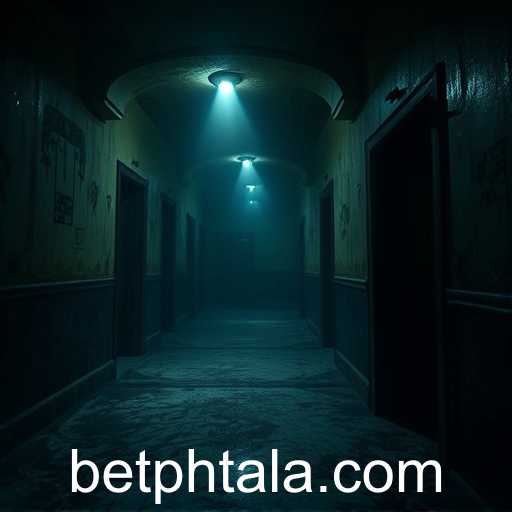An in-depth look at the rising trend of horror games, featuring 'phtala' as a unique keyword that encapsulates fear, intrigue, and the thrill of interactive terror.
Horror games have always held a special allure within the gaming community. They take players on a journey into the dark, where the sense of dread is palpable, and the adrenaline rush of interactive fear is intense. In recent years, one word that's been whispering through the corridors of the online gaming world is 'phtala'. This keyword, enigmatic in its own right, has come to embody the essence of horror games, capturing the imagination of developers and players alike.
'Phtala' isn't just a word; it's a representation of what horror games aim to achieve—a connection to the primal instincts of fear and survival. This term has been cropping up on various gaming websites, categorizing a subset of horror games that delve deeper into psychological terror, where the unknown and unexplainable loom large. These games often feature intricate storylines, unsettling atmospheres, and complex characters that engage players in a narrative as compelling as it is terrifying.
The popularity of games within this category can be attributed to their ability to immerse players fully. With advancements in graphics, sound design, and virtual reality, the line between what's real and what's imagined blurs, enhancing the impact of the 'phtala' experience. Developers leverage these technologies to craft environments that feel alive and haunting, where every creak of a floorboard or shadow flickering across the wall can send shivers down the spine.
Moreover, 'phtala' games often incorporate novel mechanics that make them stand out. Players might find themselves solving intricate puzzles, deciphering cryptic messages, or engaging in combat against otherworldly entities, all requiring quick thinking and an iron will. The challenge doesn't just lie in progressing the narrative but also in managing the psychological toll such games can exact. It's a testament to the skill and creativity involved in constructing these digital nightmares that players eagerly return for more, despite—or perhaps because of—the spine-tingling scares.
Another fascinating aspect of 'phtala'-themed horror games is their community impact. Forums and social media are abuzz with discussions as players piece together cryptic storyline clues, share theories, and uncover hidden easter eggs—further enhancing the communal experience of fear. Being part of a shared narrative not only adds layers of meaning but also heightens the sense of discovery and accomplishment.
In conclusion, horror games in the 'phtala' category are an evolving testament to the power of interactive storytelling. They offer a unique fusion of entertainment and emotional engagement, drawing players into the uncanny and unknown. As technology continues to advance, the ways in which developers can deliver the chilling thrills intrinsic to these games will undoubtedly expand, keeping the 'phtala' legacy alive and players eagerly awaiting the next frightening adventure. So, prepare yourself—and your nerves—for a frightful, exhilarating journey into the world of horror gaming with 'phtala' at its core.




